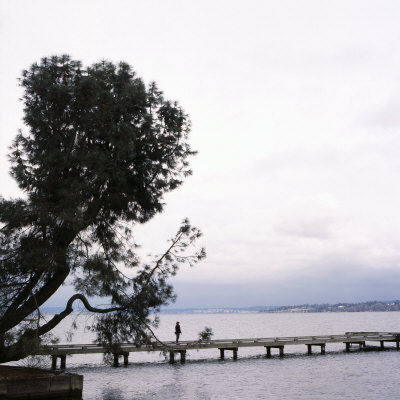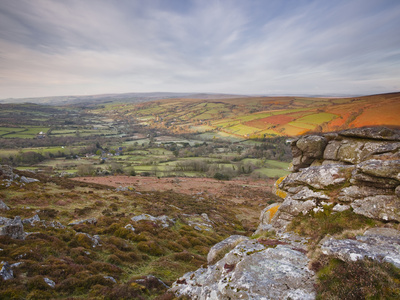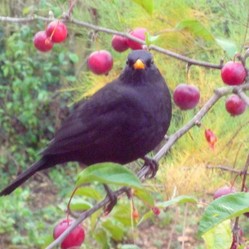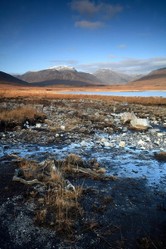Somewhere along the way we in the west seem to have lost our connection with the natural world. We might be old enough to remember times when, as children, we went off into the countryside and roamed all day, climbing trees and leaping over brooks before returning home, exhausted but fulfilled. Or we might merely have spent the day in the local park playing games and avoiding the park-keeper.
For many children and adults - those days of unsupervised play in nature are over.
Many of us, both adults and children, are traumatised, stressed, suffering from anxiety and depression. But some psychologists are recognising that there is a need to not only study the immediate personal causes of mental health breakdown, which is so widespread, but to see it in a global, planetary perspective.
As a result, some interesting issues about our spiritual and emotional needs relating to the natural world have been emerging. Many authorities are setting up special wilderness adventure breaks, with a view to rebuilding confidence, as well as enhancing spiritual and emotional wellbeing.











 How to Choose a Walking Cane or Stickon 08/01/2014
How to Choose a Walking Cane or Stickon 08/01/2014
 Michael Miller Fabulous Fabric Swatches for Quilting, Crafts etcon 07/02/2014
Michael Miller Fabulous Fabric Swatches for Quilting, Crafts etcon 07/02/2014
 The Drama of Life in the Rock Poolon 06/08/2014
The Drama of Life in the Rock Poolon 06/08/2014
 The Flâneur - Symbol of Modernity in 19th Century Parison 05/09/2014
The Flâneur - Symbol of Modernity in 19th Century Parison 05/09/2014



Comments
Thank you so much for your lovely comments. I am sorry it has taken me so long to reply. I am no longer on the internet at home and have to pop in to the library occasionally to catch up. Once again, many thanks.
Great article. I majored in Psychology but in my time there was no term ecopsychology. But I sure apply the principals. I am a birder which takes me out in nature on a regular basis connecting to God's creatures. Well done.
frankbeswick - So kind of you to comment again on this article. Thank you Frank.
blackspanielgallery - Thank you for you comment. Yes, there is something about solitude that seems to be a basic human need.
Coming back to this exquisite article, I have realized that the point that you are making is psychology but more than that. There are profound issues of philosophy and natural theology that need to be explored. You have touched upon what may be one of the central issues of human life.
Very interesting. I find a certain peace when going to the mountains.
Derdriu - Your balcony sounds like a little nature reserve! It is wonderful how birds, insects, squirrels, etc. can congregate in such a small space. I only have the tiniest balcony but I have bulbs on there, a bird feeder and a wisteria plant climbing up the wall. It's nice to sit on the sofa and watch it all going on! Occasionally squirrels manage to run around the roof and steal nuts from the birds!
Kathleen, Me, too, I value the nature which can be welcomed even onto a small balcony. I have fond memories of a balcony which ran along one entire side and which was visited by friendly squirrels for the chest of black walnuts there just for them near a small tree in a container, also there just for them. My container garden bloomed from early spring to early winter. Every spring finches built nests on a holiday wreath, left to hang after the holidays outside the patio door just for them.
WriterArtist - you are so right. Thank you for reading my article! :)
Agree with you. I can't stress the need to connect with the Nature - it is spiritual and healing.